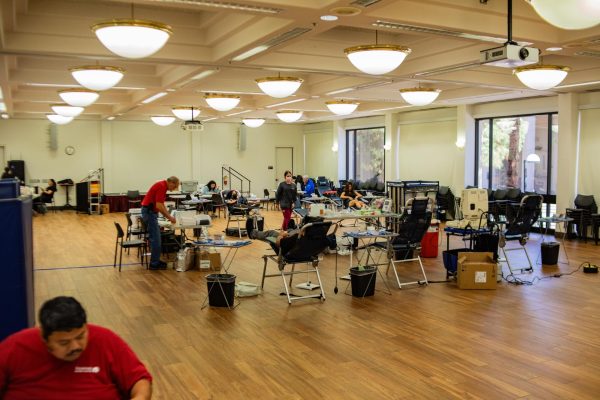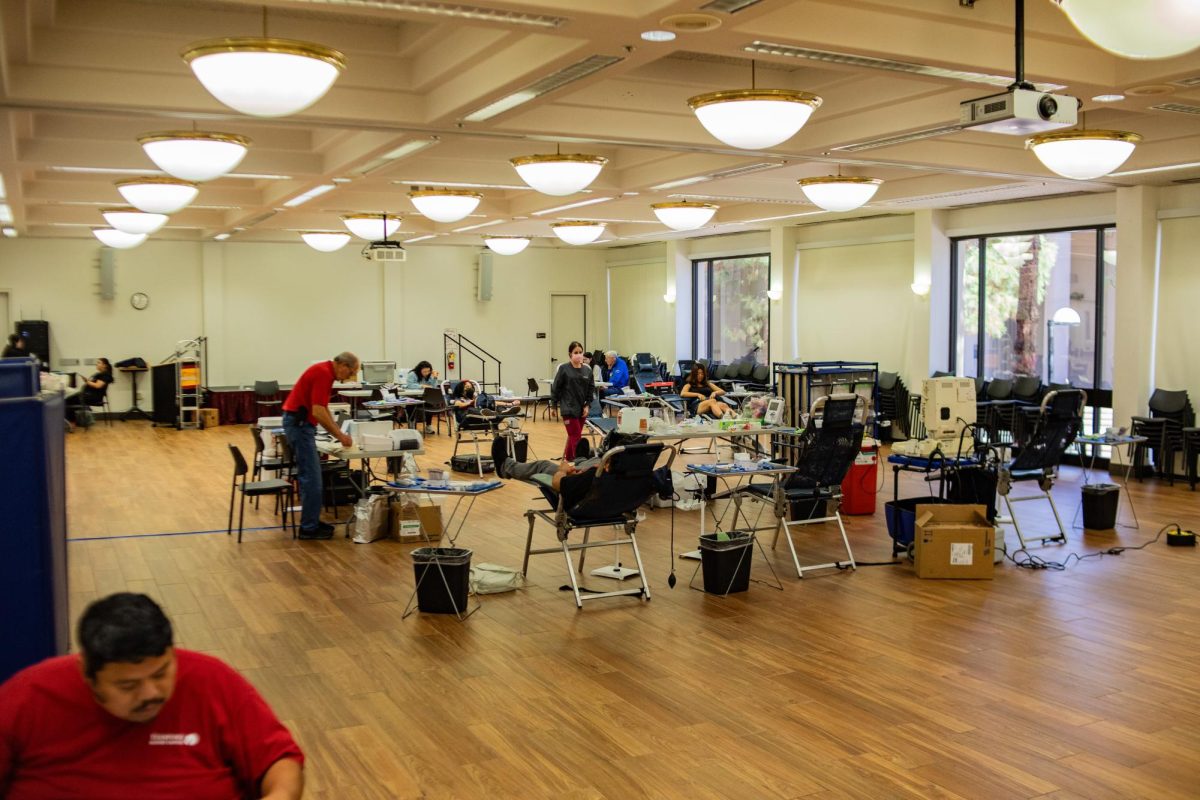Foothill-De Anza Board prioritizes student homelessness, food insecurity for 2020-21 school year
The Foothill-De Anza Board prioritizes student homelessness and food insecurity for the 2020-21 school year.
November 24, 2020
The Foothill-De Anza board listed improving services that combat student homelessness and food insecurity as their top priorities for the 2020-21 school year.
Chancellor Judy Miner hopes to better help students with solutions to housing problems, food shortages and students’ mental health.
“I think the board priorities certainly support the work that we want to do at the colleges in directly supporting our students in those regards,” Miner said.
Miner said that she doesn’t think student housing will happen in the near future because of cost and building time, but does plan on conducting a student survey to find affordable housing that suits their needs.
“We know that 441 Foothill De Anza employees are eligible and interested in affordable housing and that’s really important information as we go to developers,” said Miner. “Getting that kind of information from our students would also be helpful as well.”
Students had mixed responses to the board’s priorities.
Hector Osorio, 19, nursing major, and HEFAS member said that De Anza could provide an even safer campus for undocumented students as well as better help these students get essential supplies for online classes.
According to the De Anza College Census Enrollment Comparisons Report Fall 2019 to Fall 2020, undocumented student enrollment has decreased by 8% from the previous Fall quarter.
“I know for a lot of undocumented students especially when they go to school it’s hard for them to stay,” said Osorio. “They want to save up money but can’t go to school at the same time.”
Yuetong Zhang, 18, DASB senator, said that students are not fully able to achieve academic success in the classroom if they have to worry about problems—like housing— on the outside.
Non-residential student enrollment for fall 2020 has decreased an estimated 25% compared to fall 2019, according to the De Anza College Census Enrollment Comparisons Report.
“I feel like as a student you’re not able to completely fulfill your academic goals if your basic needs such as housing aren’t met,” Zhang said.
“At the end of the day De Anza is operating as a college because you have students, therefore measures should be taken in order to support these things that are putting so much more anxiety on students when ideally they should be getting the support they need in order to be focused as a student.”
































